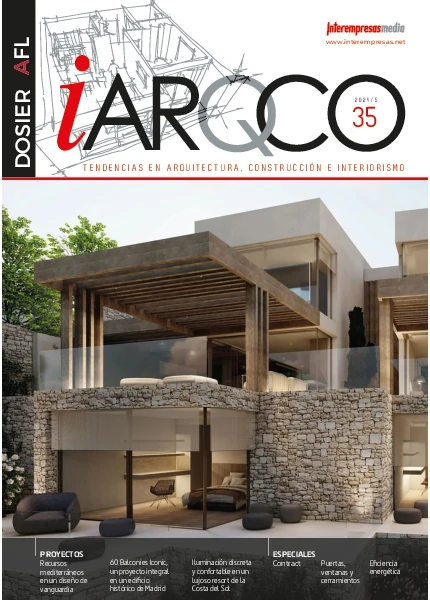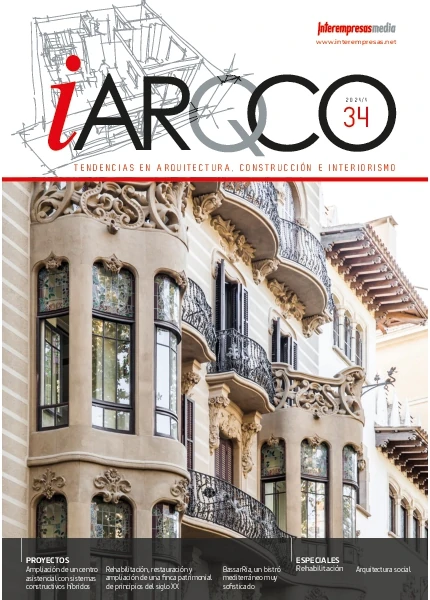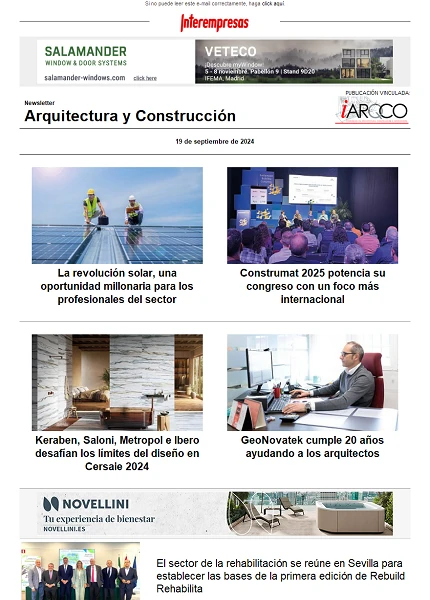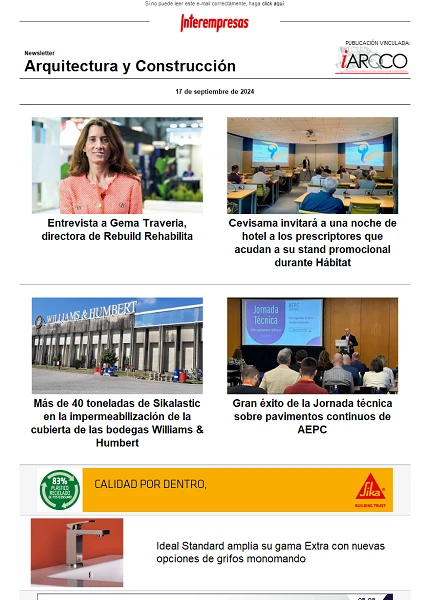Supreme Court supports the regulation of the preventive training included in the General Convention of the Sector of the construction
on January 13, 2011
The Supreme Court has ruled that definitively resolves the appeal raised by the unions ELA-STV and IGC against various aspects of the IV Convention collective General of (CGSC) of the construction Sector, says in a statement the Labour Foundation of building, organisation responsible for the management of the building professional card (TPC). Below, is part of the content of the above-mentioned communiqué.
In the first instance, the national court had totally rejected the cited resource. Recurrent trade unions raised basically the illegality of the accreditation system of the preventive training the CGSC introduced in 2007 by the so-called professional building card (TPC). But they also considered illegal the exclusive reservation to the State sectoral collective bargaining matters relating to such a system of accreditation, to the specific training programmes in the sector, the Labour Foundation of construction and, in general, to occupational health and safety. Up to 15 articles and a transitional provision of the CGSC, as well as its preamble and several annexes, were the subject of challenge. However the ruling handed down by the Supreme Court only affects three aspects of the Convention, mainly of a technical nature.
The system of accreditation through the TPC is perfectly legal
The Supreme Court has rejected outright challenge to the system of accreditation through the construction of professional card. Against the claim of recurrent unions, who understand that the TPC transformed a system of accreditation of preventive education into a system of professional qualification, the High Court declared that such a system is in accordance with the regulatory law of subcontracting in the construction Sector and the Statute of workers.
However, the sentence requires a setting in the fourth transitional provision of the CGSC, which established the obligatory nature of the TPC from December 31, 2011, so it might have in limiting access to the labourrather than what it has to do with the system of accreditation of training in prevention. Taking into account the current wording of the Convention, which stipulates as one of the requirements of the TPC the credit experience in the sector, if the TPC was compulsory at the time of hiring, companies could only hire workers with previous experience and it would be impossible to recruit people of new addition to the sector. In other words, create a closed system. For this reason, the TPC will not be required for the recruitment of workers, although Yes it will be, in General, to accredit training in prevention.
The parties to the Convention have already expressed their willingness to further enhance the TPC as mechanism of the sector for the training of workers and, among other things, will continue to be the tool that enterprises use to facilitate administrative and management of contracts and subcontracting.
The TPC can prove the existence of medical examinations but not its content
With regard to medical examinations, whose inclusion in the TPC has optional nature, the Supreme Court pointed out that such inclusion is admissible provided that they understand that they report on the mere existence of the same, without record, registration, certification, or expression of its content.
That is the interpretation which has been from the beginning by the signatory organizations of the Convention and the Labour Foundation of construction, and in fact the TPC does not reflect any information on the content of medical examinations.
The Supreme Court confirms the reservation of raw exclusively State collective bargaining
The High Court in its judgment supports almost all of the content of article 12(1). b) of the CGSC, laying down the matters that are reserved exclusively to the State collective bargaining. Only questioned the wording of the sixth point, "safety and health at work", that it should have been "minimum standards of safety and health at work" to conform to the provisions of the Statute of workers. The Supreme recalls that the minimum standard of a sectorial State Convention may be improved by a Convention regional, provincial or company.
Con_respecto_a the rest of raw them under article 12.1. (b)) of the CGSC, the Supreme ratifies the sentence passed on his day by the national court, which stated that the regulation contained in the Convention was endorsed by the reservations in favour of the State sectoral collective bargaining which contains the regulatory law of the contract in the construction Sector.
Article 9(2) of the subcontracting law attributed exclusively to the State Convention the regulation of employee representation procedures to promote compliance with the rules of occupational risk prevention. Article 10(2) of the Act does the same with regard to the establishment of sectoral training and contained specific programmes. And article 10(3) provides coverage to the Declaration of matter exclusively in relation to the system of accreditation of the training, design and the expedition of the TPC and the own labor Foundation of construction.
The specific preventive training of the building contained in the General Convention is mandatory and the TPC is the tool that facilitates its accreditation
Ultimately, with his sentence, the Supreme Court supports the regulation of the sectoral training programmes is contained in the CGSC. According to the law of contract, employers have an obligation to guarantee workers the training and accredit her.
The professional card of construction is the tool that the social partners have been designed to facilitate the accreditation of vocational training. To date more than 375,000 people in the sector have already processed your card and almost 60,000 companies are using this system.
The Labour Foundation of construction, entity responsible for its management, is going to continue to devote efforts to the task of making arrive and facilitate the use of this tool to companies and professionals of the sector, its main beneficiaries. The TPC, as usual, will therefore remain the key mechanism for accreditation of training in prevention.



































































































